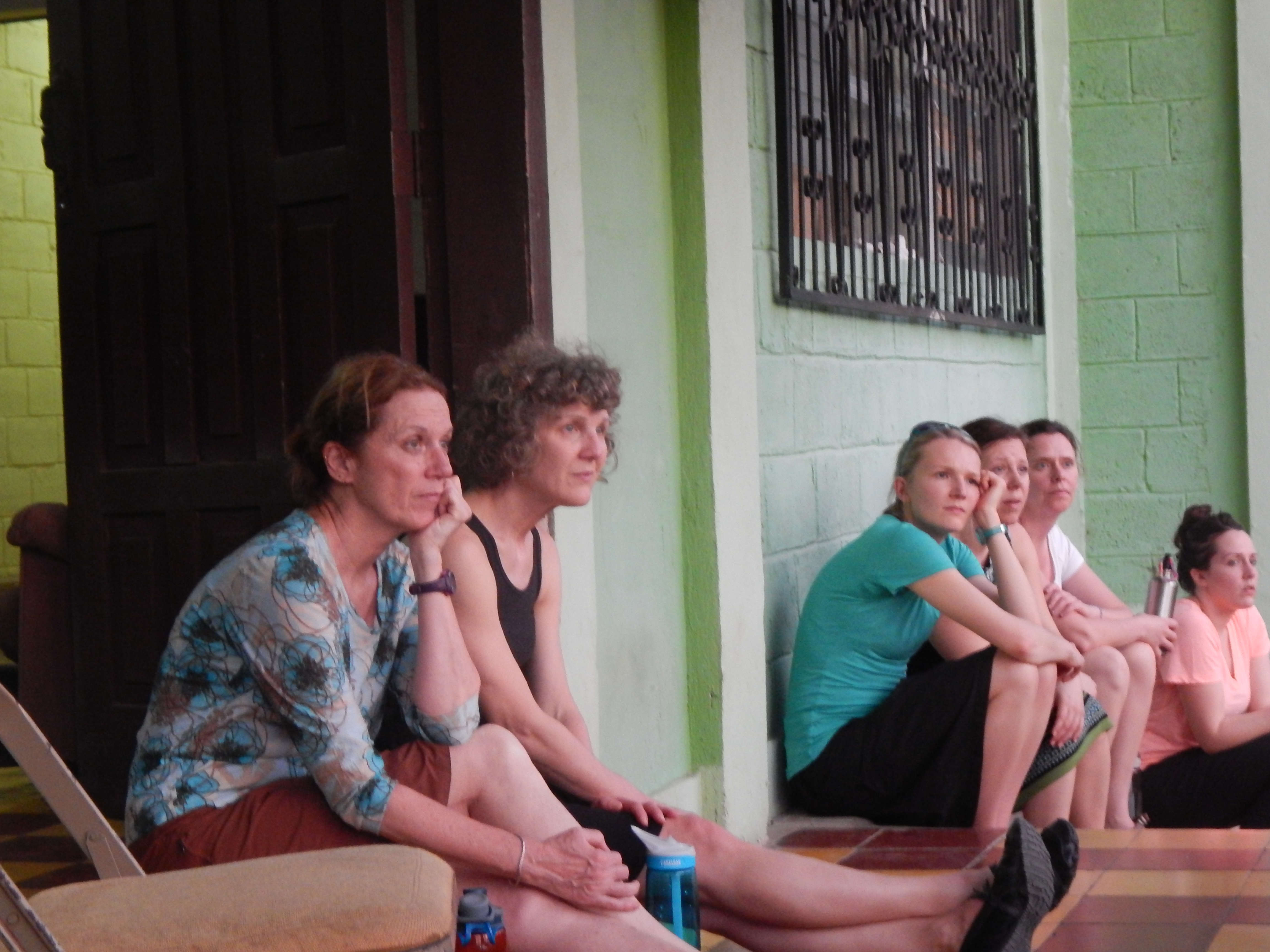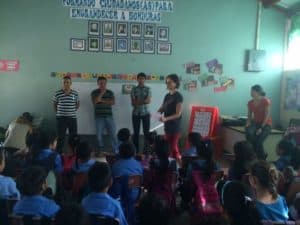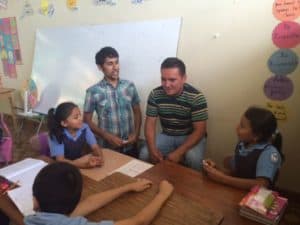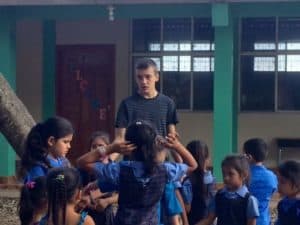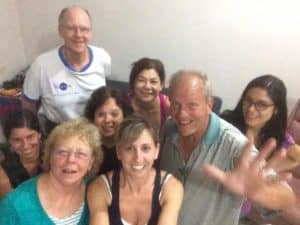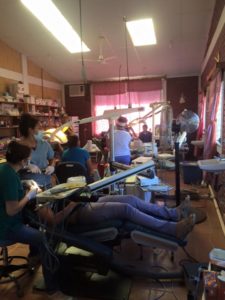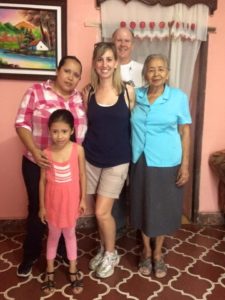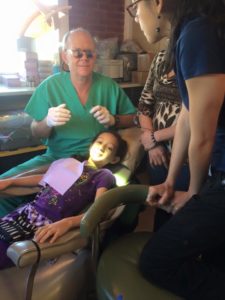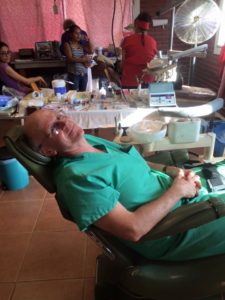Over the last couple of months Shoulder to Shoulder has a lot to be proud about in terms of the quality of medical services that we have provided to an isolated, and often neglected, people. We do this regularly, of course, by the contractual agreement we maintain with Honduras and the International Development Bank, providing ongoing care to over 65,000 persons on a daily basis. Still, that care is conditioned by the scarcity of resources. Our brigade teams from universities and other organizations augment that care by way of their generosity and commitment. Through February and March we have had nine brigades, and their efforts are best described as herculean. The overused adjective is awesome, though according to our experiences over the last two months, this adjective is clearly appropriate. Our first ever surgical brigade provided relief and healing to persons who had absolutely no hope for any attention to their discomfort and pain. Brown University partnered with Wingate University, School of Pharmacy to provide a level of care and treatment to the small village of Guachipilincito unparalleled in even the most developed areas of Honduras. Cleveland Clinic, Christ Church and pharmacy students from the University of Michigan literally changed the makeup of the small community of Camasca by arriving 34 strong, a sustained force for healing and wellbeing. Even mentioning these brigades, I do a disservice to the others who were equally impressive in their singular commitment to service in justice. I feel exceptionally privileged to witness all of this, and mostly I stand with my jaw agape knowing that I possess neither the skill nor the stamina to accomplish such awesome results.
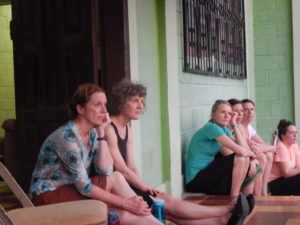
Becoming so impressed by incredible undertakings, achieved with such professional talent and skill, it is easy to miss a more subtle offering of compassionate service. The University of Minnesota, School of Nursing, under the leadership of Dr. Marti Kubik, recently visited Santa Lucia and the surrounding small communities of that municipality. Like the other brigades, they too offered professional service and care of exceptional quality that impresses and astounds. The School of Nursing plans their service with great attention to the needs of the ongoing medical interventions that Shoulder to Shoulder will continue to offer once they have left. It is a very well thought out brigade, and very much meets with our mission and philosophy of providing sustainable, quality health care. Laura and I met up with them on their last day in Santa Lucia. They were offering trainings to health care volunteers who live in some of the remotest areas of our territories.
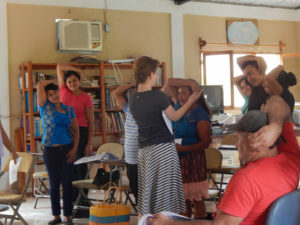
These volunteers are perhaps some of the most uncelebrated individuals within our health care system. They do not have job descriptions. They receive no compensation. They are provided very little by the way of training. They are placed very low on our organization structure. What they do have are hearts of compassion to be present to those suffering within their communities. On this day they were filled with gratitude as the nursing students recognized the importance of their presence and commitment. They had a workshop on nutrition and how to maintain healthy habits of living. They learned how to transfer persons having become physically challenged and dependent. They learned about end of life care. Watching this, I could almost physically note the aura of gratitude present among these humble, sincere volunteers. The integrity of their service met with the recognition from the nursing brigade of the value of their service. Whereas the particulars of what they learned in the trainings will most certainly benefit the persons they return to in their communities, the appreciation of who they are and what they do is the pearl of incalculable value.

Certainly we should all be impressed with the awesome undertakings of skilled professionals over the course of these last months. The quantifiable results of such herculean efforts should be celebrated in full voice. But let us not forget that things need not be extraordinary in order to be recognized and appreciated. Some middle-aged woman is sitting in an adobe hut with her neighbor who is in her last moments of life. She has few skills save for those that are born of a compassionate heart. Her presence and attention to her dying neighbor honors the value of her neighbor’s life and her own. The nursing brigade from the University of Minnesota is also honored and appreciated in the sacred exchange.


